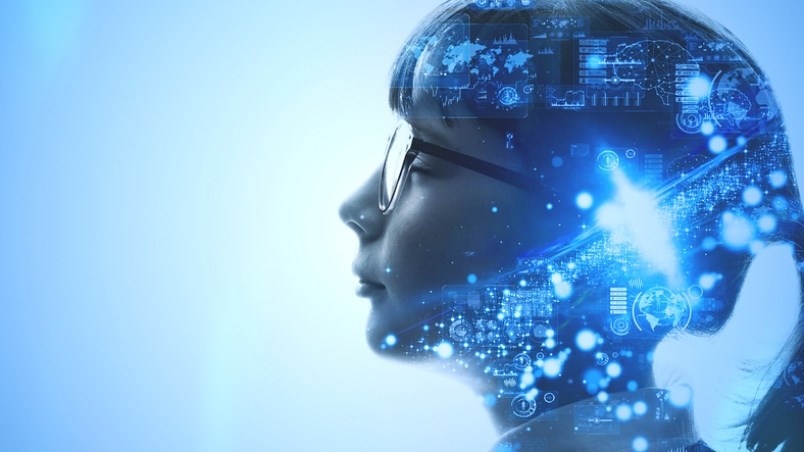Could people dislike art created by artificial intelligence because it threatens their humanity?
According to a new study from the University of British Columbia, the answer is yes. According to a study recently published in Computers in Human Behavior, UBC researcher Guanzhong Du and his colleagues found AI-generated writing, photography, art and music production has been skyrocketing in popularity in recent times.
But, that surging success has also triggered an enormous backlash, with many rejecting AI art — and even asserting that its proliferation marks the beginning of the end for humanity.
To learn why, the researchers led a series of psychology experiments involving AI art.
In one, participants were shown two paintings, and were told that one was generated by AI and the other was human-made.
They also listened to two pieces of music, one supposedly created by humans and the other by AI.
In reality, however, both pieces of artwork that participants were asked to evaluate were created by either AI or by a human. The researchers had randomly labelled one of them as AI-made and the other one as human-made.
Still, participants showed an overwhelming preference for artwork they thought was made by people, researchers found.
The researchers concluded some of the participants' rejection of AI art could come about because it challenges what it is to be human.
“It’s not like some people prefer Coke and some prefer Pepsi. It represents a deeper philosophical question about our understanding of human identity,” said Du, PhD student in UBC's Sauder School of Business.
“What makes human beings unique as a species? What differentiates us from others? And what is our place in the universe?”
Humans’ sense of being special
Jeremy Turner, an instructor of cognitive science at Simon Fraser University, said the dislike of AI art is a form of anthropocentrism — a belief that humans are the most significant entities in the world.
Turner, who wasn't involved in the research, said the issue of computers doing things humans can (or perhaps bettering them) is not new. He pointed to the furor over the IBM supercomputer Deep Blue beating chess master Gary Kasparov in 1997.
Turner said AI is a tool that can be used to create art, and that its abilities are likely to progress across music, poetry and art as software becomes more powerful.
“We’re becoming meta-artists,” he said. “A lot of artists will learn how to create artists instead of creating art.”
The fear of such art, though, Turner said, is humans’ fear of not being special.
“People really want to hang onto what it means to be human,” he said. “We like believing that we have a soul. Being creative means having a unique soul. It’s the last bastion of being human, being special.”
Conductor says AI can't yet share 'part of your story'
Vancouver conductor Kevin Zakresky says he has not been impressed yet.
“Art is sharing part of your story with someone else,” said Zakresky, who has a PhD in music from Yale University and is on the voice faculty of the Vancouver Symphony Orchestra School of Music.
“I have yet to find a computer who interests me in this way.”
The UBC study is the first of its kind to link people’s aversion to AI art with the idea that artistic creation is “the last fortress of human supremacy,” according to Du.
But in the future, Du said it's inevitable humanity will encounter more and more AI art. He believes we should be aware of the human bias the study exposes, and embrace AI-generated art rather than resist it.
“If we leverage AI, if we work with AI, maybe we can better develop our own creativity. Maybe we can collaborate with AI, and achieve something we cannot achieve alone,” he says. “But if we are unaware of our bias against AI, that is not possible.”



